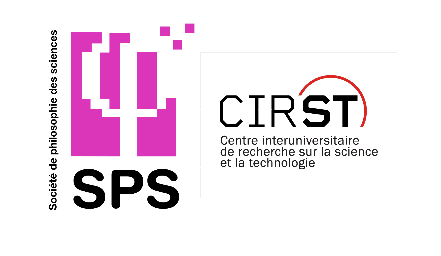Forman Thesis and the Reception of Quantum Mechanics: towards a pluralistic methodology in the history of science?
1 : University of Notre Dame
Paul Forman's articles on the history of early quantum mechanics are among the most citied articles in the field of history and philosophy of science. The 1971 paper, “Weimar Culture, Causality, and Quantum Theory, 1918- 1927”, opened the door to the sociological studies in the history of science and stated what it is now considered to be an externalist view in the history of science. In this paper I survey different approaches that one might take on understanding Forman's theses (as developed in Forman 1971, 1978, 1984). The period of the beginning of the early twentieth century physics is one of incredible turmoil and fruitfulness debate. Therefore, it is not surprising that consensus over its dynamics and significance is yet to be achieved. Nonetheless, I show in this paper that Forman's project of building a highly externalist model has serious shortcomings.His claims referring to a strong (causal) link between the social and cultural milieu and the cognitive content of physics (being not only a thesis that resumes at the activity, reasons, or preferences of the physicists) came under heavy criticism (Hendry 1984, Kraft and Kroes 1984, Radder 1983, Beller 1999). This fact suggested the search for a different manner of accounting for the prevalence of the Copenhagen interpretation. In this paper I suggest that a good answer might be a methodological pluralism based off of Cushing (1994) and Beller (1999). For example, Beller examines the quantum revolution from the perspective of an ongoing conversation between the major participants.


